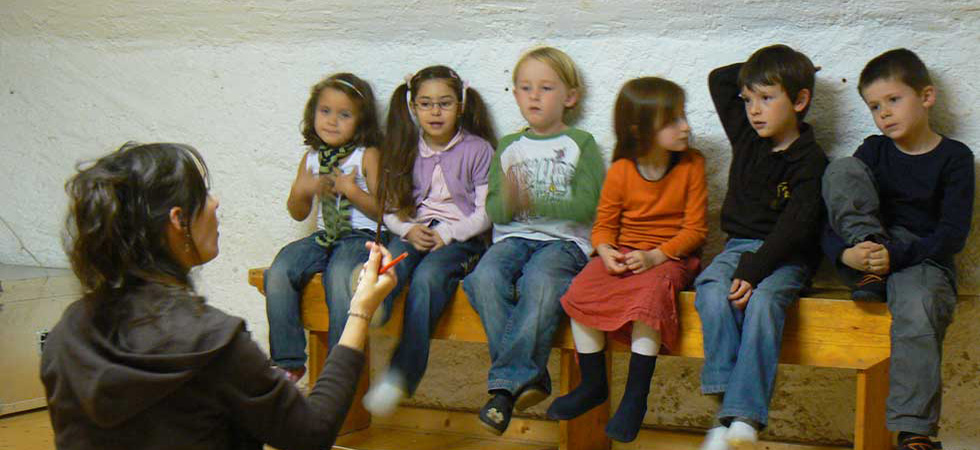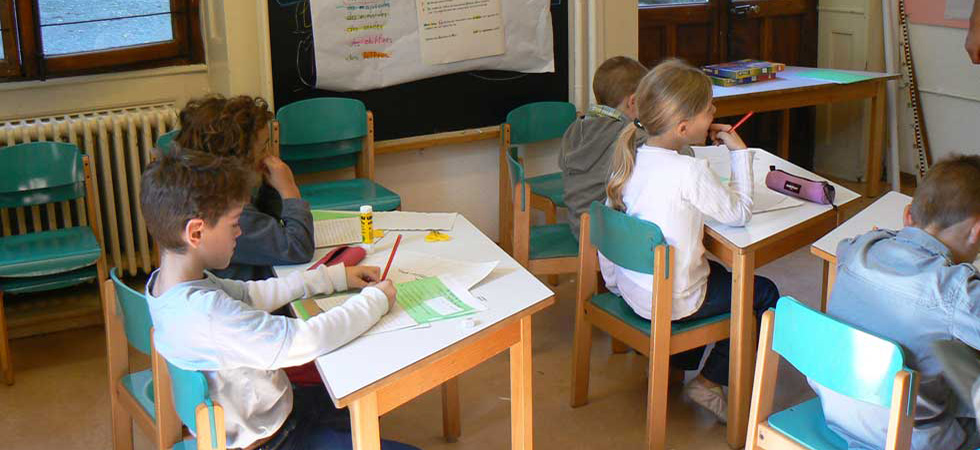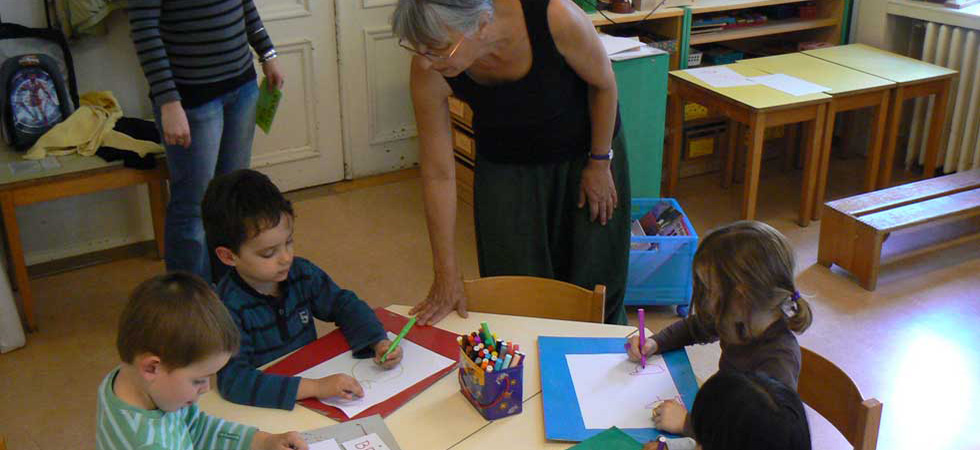ECOLE ACTIVE – PEDAGOGICAL APPROACHES
For every human being in the making, the act of learning is the driving force that will enable him/her to grow
Anyone can learn and progress in their learning.
No one learns in the same way.
Learning and assimilating knowledge is not passively receiving, but actively seeking to understand.
Our teaching experience and the cognitive sciences confirm that there is not one teaching method that will suit all students. The active and cooperative pedagogies, promoted by our school since 1973, propose to differentiate teaching approaches. This choice allows us to be attentive to the needs and learning paths of each child.
How do we learn? / Project based learning
Learning is not easy. It is a leap into the unknown that requires a caring and confident attitude from the adults.
To learn, children rely on what they already know. By taking part in the collective learning processes implemented by the teachers at Ecole Active, children improve their strategies with the proposals of others. They develop and structure their mental processes thanks to interactions: learning how to make themselves understood, learning how to listen, daring to put forward their ideas and questions, while taking into account the constraints linked to what they have to learn.
These moments of collective searching allow students to learn to better focus their attention and to sustain intellectual effort over time.
By taking part in a learning process, the child is engaged in demanding intellectual activities. Regardless of the skills to be developed, they are introduced with problems solving activities. This is followed by a dialogue, a search for solutions with peers and with the teacher. “When you do it like this, does it work better? Is there another way to do it? How do others do it? How could you do it?”
Along the way, the child learns to make hypotheses, to verify them, to reformulate them for himself, for his peers, to accept to help and to be helped.
He/she will move on to a stage of systematisation and memorisation as soon as he/she has made the studied concept his/her own. From then on, he/she will be able to invest and enrich his/her new skills in the design and implementation of projects that will give meaning to his/her knowledge. This will enable him/her to become more emancipated, committed and enjoy recognition for his/her achievement. Once the project is over, the acquired skills will remain. Project based learning allows the child to confirm his/her academic knowledge in relation to projects developed within the school.





